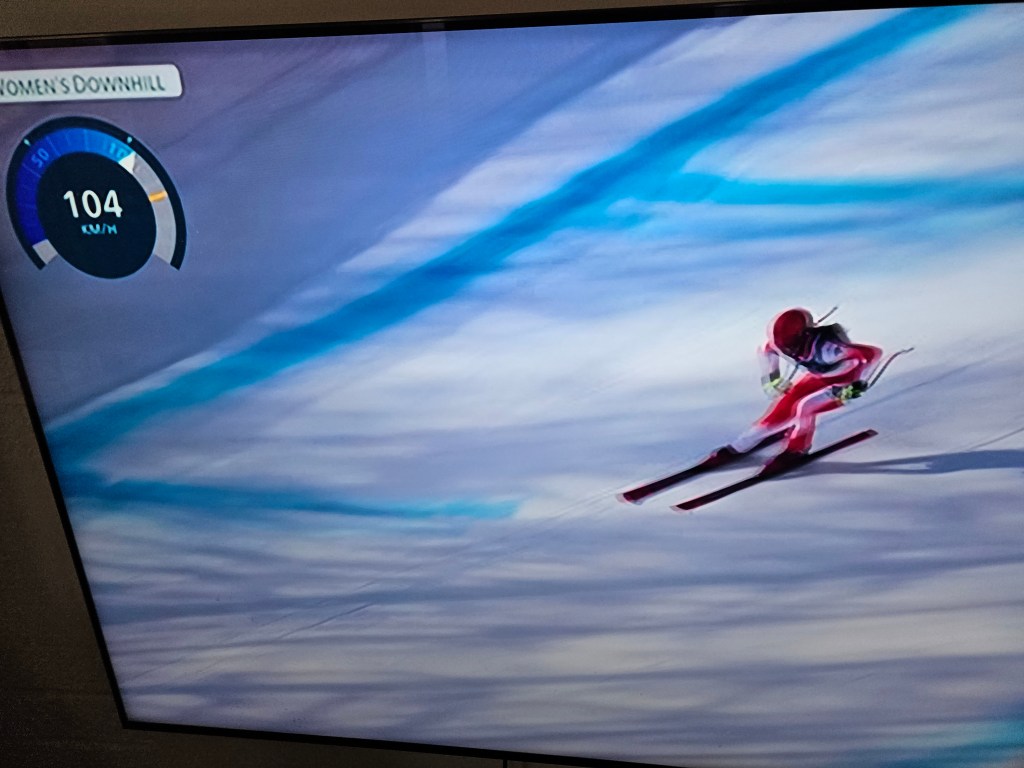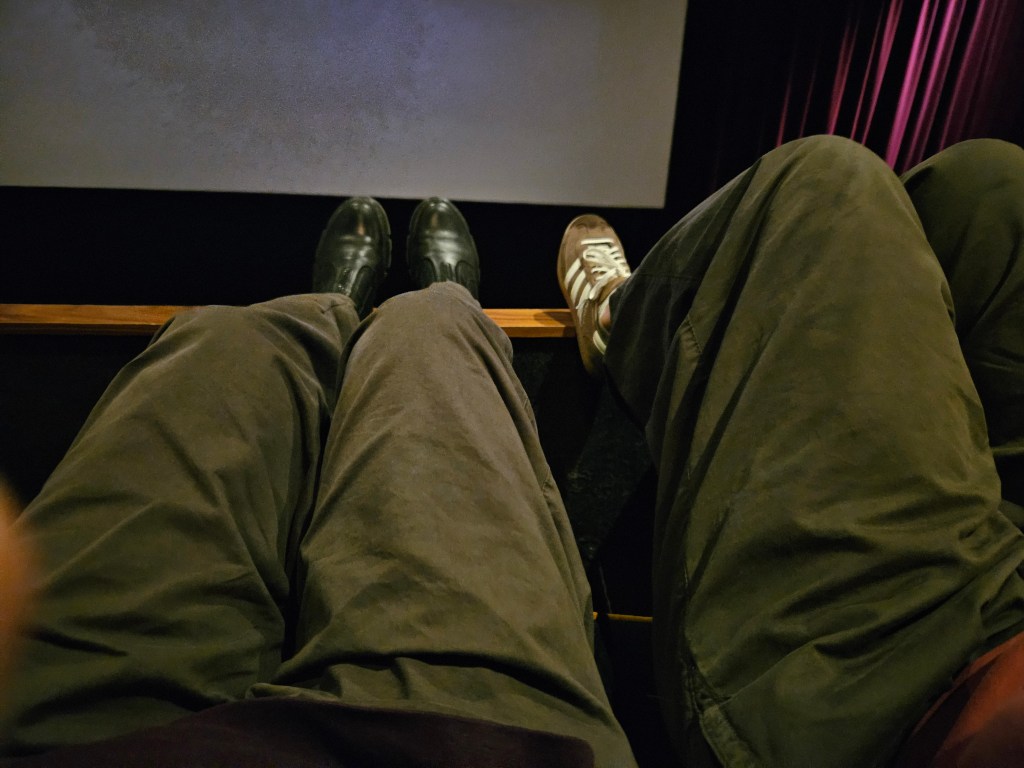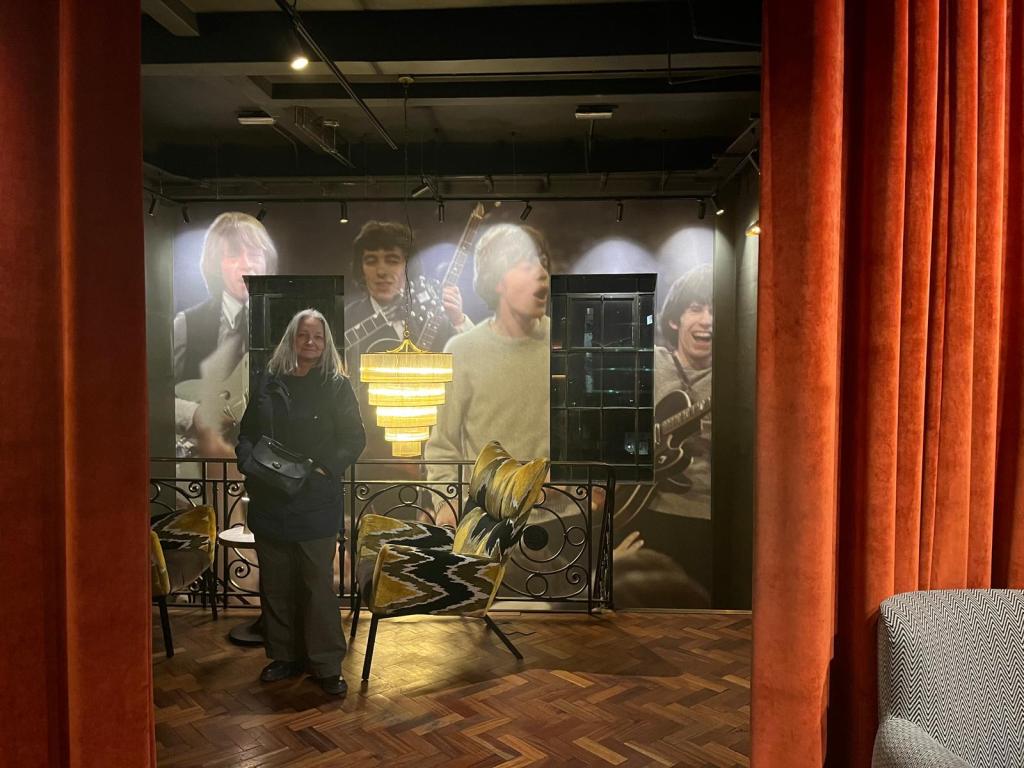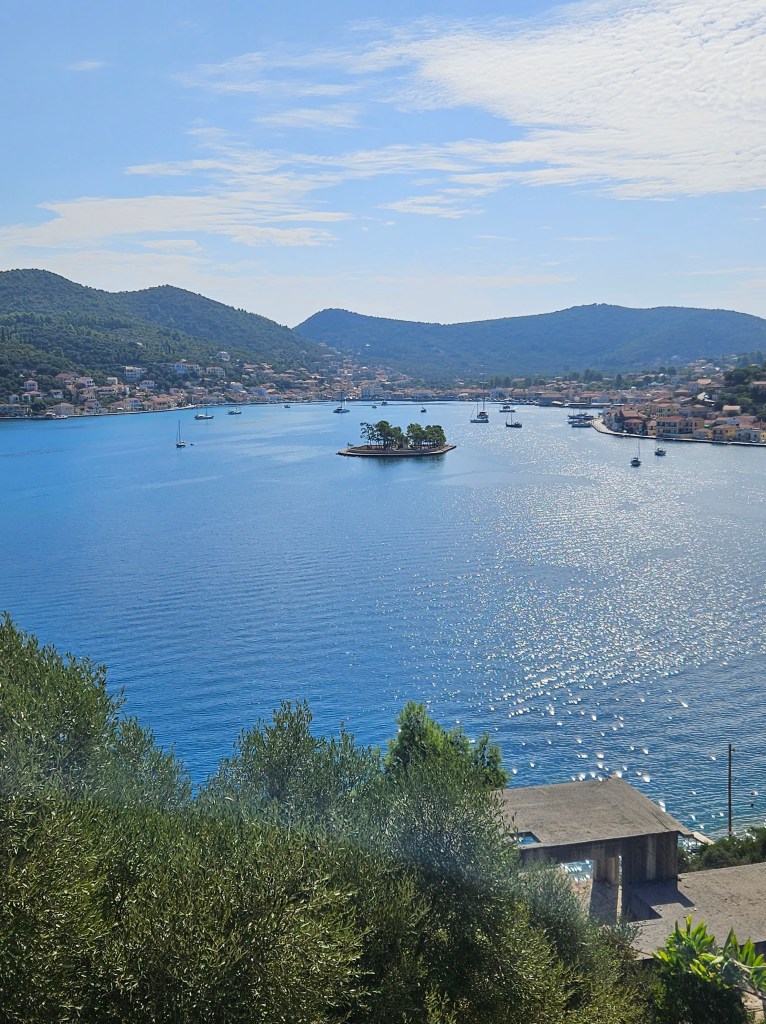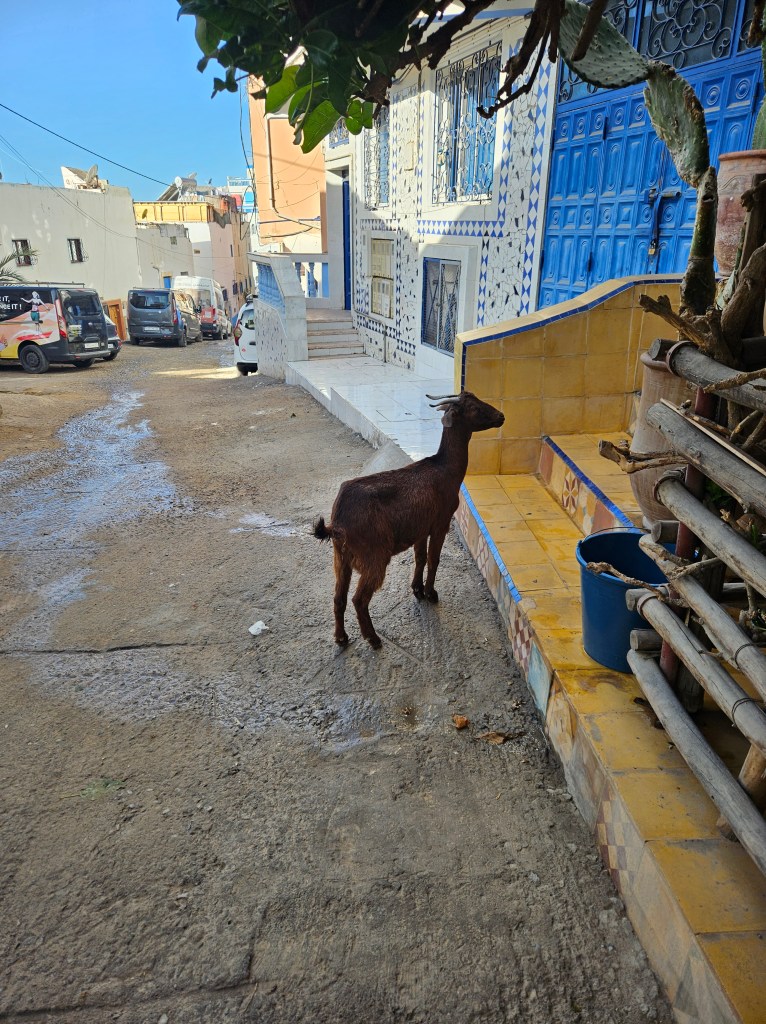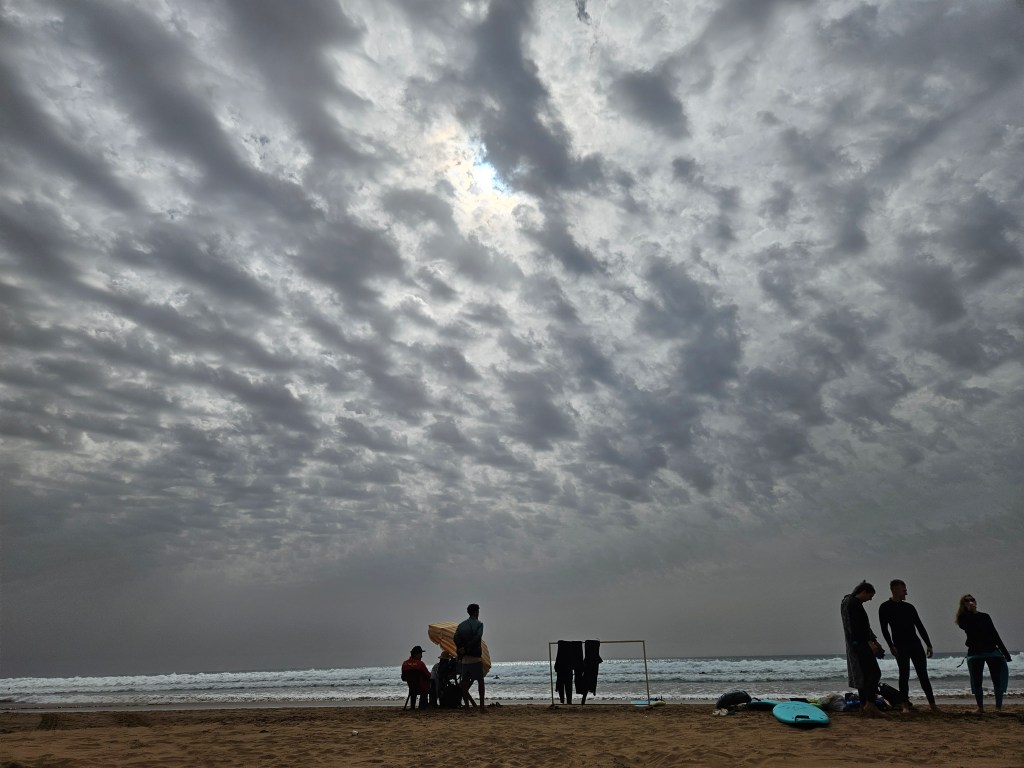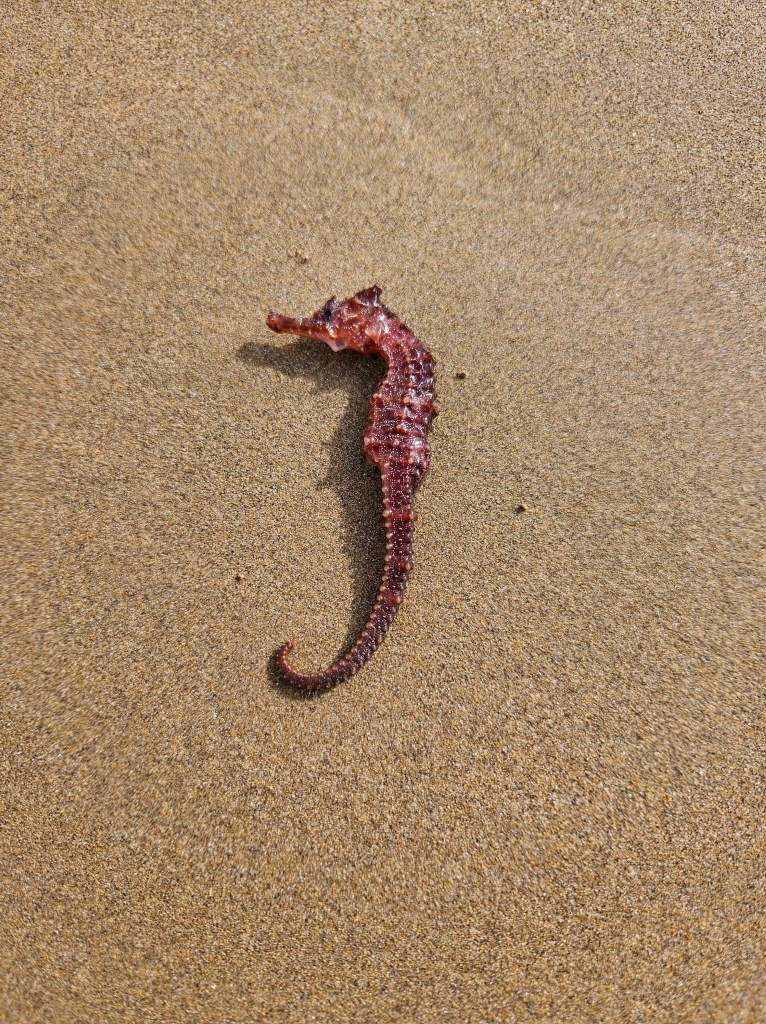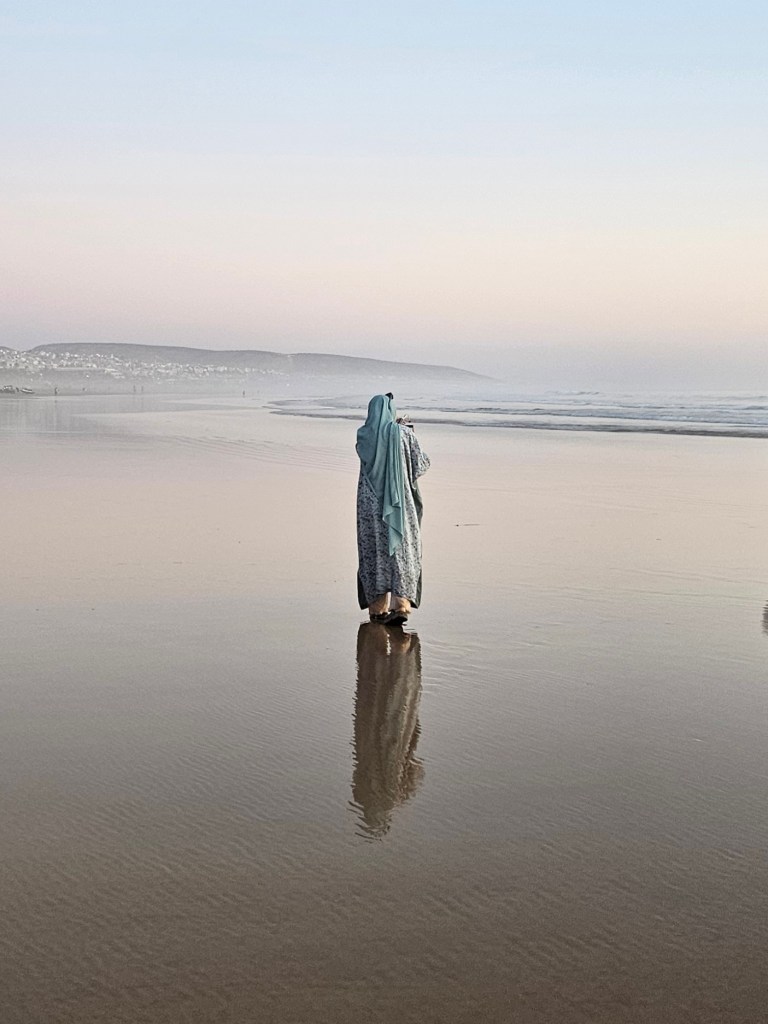My daughter is working a skiing season at a well-known skiing resort somewhere in the French Alps, and I am missing her badly, so I had this genius idea that watching Winter Olympics might make me feel closer to her. I decided to give it a proper go on the weekend.
What can I say. Winter sports have moved on since I last paid attention.
I blinked and technology had elbowed in on everything in the world of snow and ice sports. To be fair, it was a long blink. Last time I watched Winter Olympics, Eddie the Eagle was chasing his dreams in Calgary. Eddie who? Exactly. Life had taken over and I never had much interest or reason to get into watching winter sports. Until now.
I had a lot of catching up to do, so I had spent most of Saturday flicking between BBC2 and iPlayer to get most of the coverage, in the hope of becoming a sofa expert by the end of the evening. It wasn’t to be, so just a few amateur comments from me.
For the life of me I could not work out curling
It’s like cricket on ice. Incomprehensible. Except not really like cricket at all.
Snowboarding was not an Olympic sport last time I looked, so I could be excused for being confused by the names of disciplines.
Men’s big air? Could be a euphemism for a fart for all I knew. Instead, it turned out to be screwdriver spins in the air whilst, for extra points, holding onto your snowboard.
I must admit it was not easy to work out who was who in those high-tech Star Trek like mirror visors and baggy outfits. Took me a while to work out whether I was watching men’s or women’s competition. Turned out to be men’s.
I enjoyed that. Nerve-wracking, spectacular, defying physics and common sense, and cheating gravity for longer than I thought possible. Fearless and unreal. From the corner of my cosy sofa it looked like the risk of life-changing injuries was a split second away each time they launched themselves into the air.
Dancing on ice next.I was pleased to see not much had changed here. In fact, dare I whisper it, it was a little bit boring. The music was very slow and tame. Give me Torvill and Dean’s Bolero any day.
Women’s ski jump?? Since when? My first reaction, as one of my husband’s favourite saying goes, it’s not proper. Let’s see if it grows on me.
I remember watching men’s ski jumping competitions back in Poland, where it holds a joint first place with football and volleyball as a national sport, with lots of medals of all shades to boast each year. But women? Equal rights I guess.
Women’s Ice hockey. Naah. Sorry, Canada, sorry USA, not for me. Perfect time for a tea break. And this time it’s not the women, it’s the hockey.
Sunday morning. Women’s downhill.
Now we’re talking!
Beautiful, powerful, awesome, elegant, out of this world fearless; the speed, the jumps, the turns, loved Federica Brignone’s tiger helmet.
112km per hour? As I only ever experienced that kind of speed inside an airplane, I could not relate. The ice cold, crisp and fizzy atmosphere on the slopes of Cortina made me think about an ice cold, crisp and fizzy g&t, the type that only get served on airplanes, but I understand that could be too huge a stretch of imagination for anybody to appreciate.
Breezy Johnson. What a name for the person who ended up a downhill gold Olympic medallist. I really wanted it to be her real name, but a quick Google revealed that it is in fact Breanna. Oh, well.
Luge.
Not exactly a spectator sport, is it? Or am I missing something?
I just heard that somebody was currently three and a half tens of a second behind somebody else. I mean, seriously, how could this be seen as a decisive victory? I cannot even imagine three and a half tens of a second.
Sunday night. Women’s big air qualifying run.
They are all so cool, so so very cool. The fist bumps before they start, the twirls, the spins, the grabs, the flips, the smiles, the energy, the youth. Magical.
Figure skating. Last event on Sunday night.
What happened to the perfect 6 scores? The waiting for the judges’ scores for technical merit and presentation used to be the best part for me. The dramatic suspense, the collective holding of breath as the scores were revealed on screen.
This seems to have been replaced by one total score, displayed the moment a skater finishes their performance, so no waiting, no suspense. A bit of a letdown if you ask me.
The skating itself was glorious.
